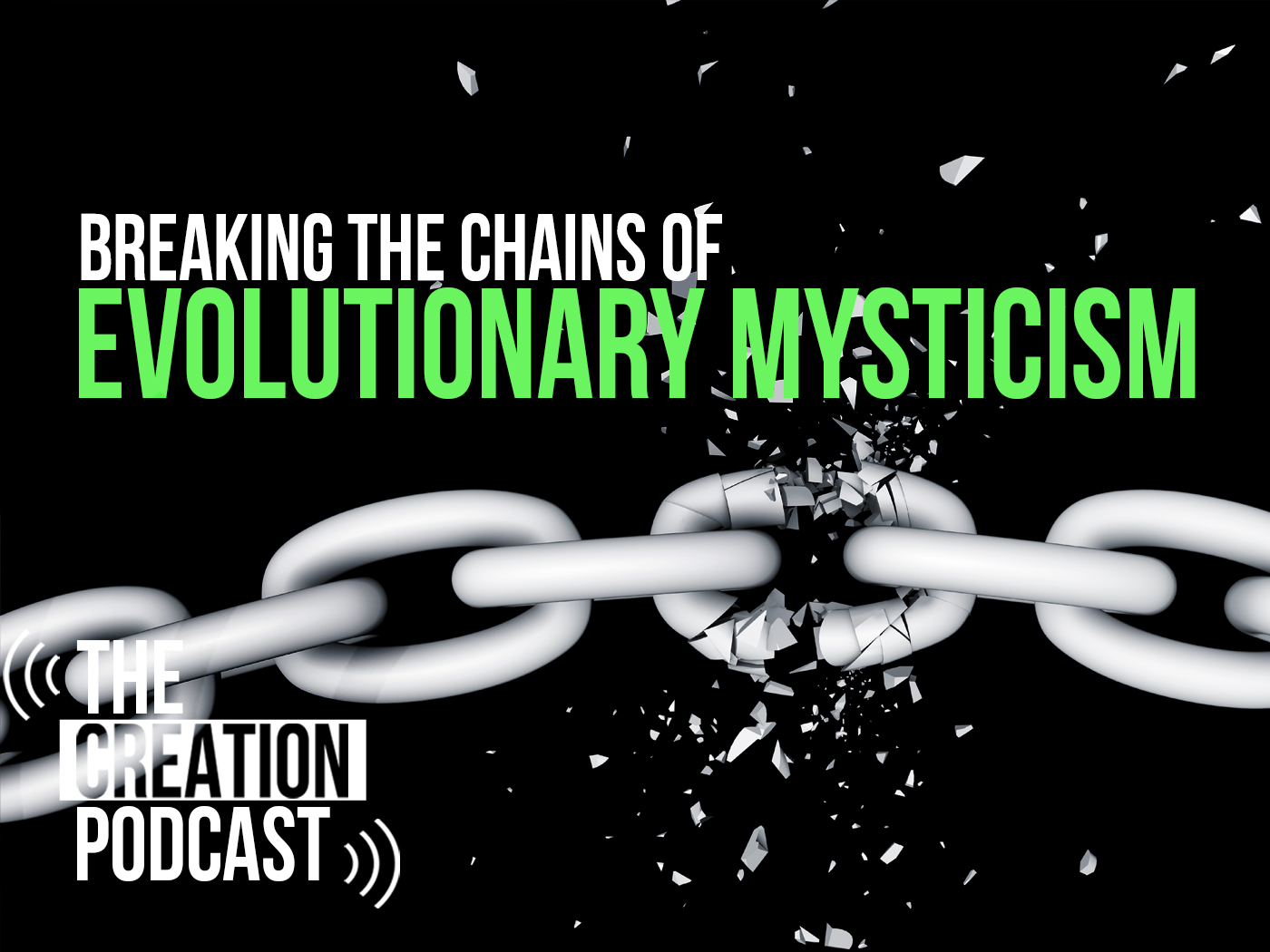Recently I heard a radio talk show host caution, “When it comes to Christian apologetics, we cannot select the questions to be answered.”
Why not? Relying on 1 Peter 3:15, he explained, “Because only unbelievers and doubters may pose faith questions. It is the task of apologists to respond respectfully to their inquiries and their challenges, not to answer questions that are not being asked. It’s like dialogue chemistry: action, reaction. They act; we only react.”
Impressive sound bites? Yes. Sound judgment? No. Real-world apologetics doesn’t wait for biblical faith discussions to be fashionable among skeptics. We need to clarify what is true and how we know truth even when secular Q&A conversations ignore the most critical topics.
Answering Questions—Both Asked and Unasked
But isn’t giving rational responses to inquirers’ questions the essence of apologetics? Some apologetics websites say so. To be sure, a large part of biblical apologetics involves obeying the mandate of 1 Peter 3:15b to provide a logic-based explanation for the Christian faith to those who ask (“always be ready to give a defense to everyone who asks you a reason for the hope that is in you”). That requires careful listening and careful answering (Luke 12:11-12; Acts 24:10-16). The responses given must truly address and answer the questions actually asked. But there is more.
The Lord Jesus, when dialoguing with the Samaritan woman at the well, did not limit His answers to her specific questions (John 4:7-27). Why? Because He knew the need to address questions she did not ask. The Samaritan woman discussed where God should be worshiped, but Christ declared how God should be worshiped—an issue she hadn’t raised. Sometimes apologetics must reach beyond to answer the unasked yet relevant question.
Another important consideration is whether our apologetics is “vertical.” Many quote only the “horizontal” exhortation of 1 Peter 3:15b, but that instruction presupposes 1 Peter 3:15a (“sanctify the Lord God in your hearts”), which is a doxological priority for any apologetics-oriented communication. Consider Stephen’s sermon in Acts 7 before he was stoned to death. Not only did he rationally refute the false charges of the Pharisees, including the future apostle Paul, but he did so while also demonstrating his own heart-sanctification—his own loyalty to the Christ who waited to welcome him into heaven (Acts 7:55-60). In all things, and especially in our defense of the truth, we must glorify God.
Does Every Question Need an Answer?
Are all dialogues sincere efforts to learn truth? No. Some “inquiries” have insincere agendas (Matthew 2:7-8). If an inquirer’s challenge is just a mask for scoffing, don’t waste your time with it (Psalm 1:1; Titus 3:9-10). After giving an earnest yet succinct witness of God’s truth (Jude 1:3-4; Philippians 1:7), go help others who really care about truth. To paraphrase Christ’s words, shake the dust from your feet and move on to a more receptive audience (Mark 6:11).
Edifying Believers by Verifying Biblical Faith
“Defensive” apologetics, described above, focuses mainly on communicating with sincere doubters while sanctifying God throughout the process. Yet there is one special service that biblical apologetics offers to believers—providing comfort, clarification, and confidence regarding the certainty of the biblical faith; i.e., verifying (confirming and corroborating) the truth of God and His Word. For example, note how Luke’s purpose statement illustrates that the Christian faith is truly trustworthy—and its reliability can be documented in many details: “That you may know the certainty of those things in which you were instructed” (Luke 1:4).
Reinforcing the certainty of our biblical faith (2 Peter 1:16-21) and appreciating its “many infallible proofs” (Acts 1:3) are valuable ministries that biblical apologetics provides to receptive believers, regardless of whether the questions are invited by the skeptical crowd.
This article is adapted from a lesson in the online Bachelor of Christian Education program of ICR’s School of Biblical Apologetics (SOBA).
* Dr. Johnson is Associate Professor of Apologetics and Chief Academic Officer at the Institute for Creation Research.



















